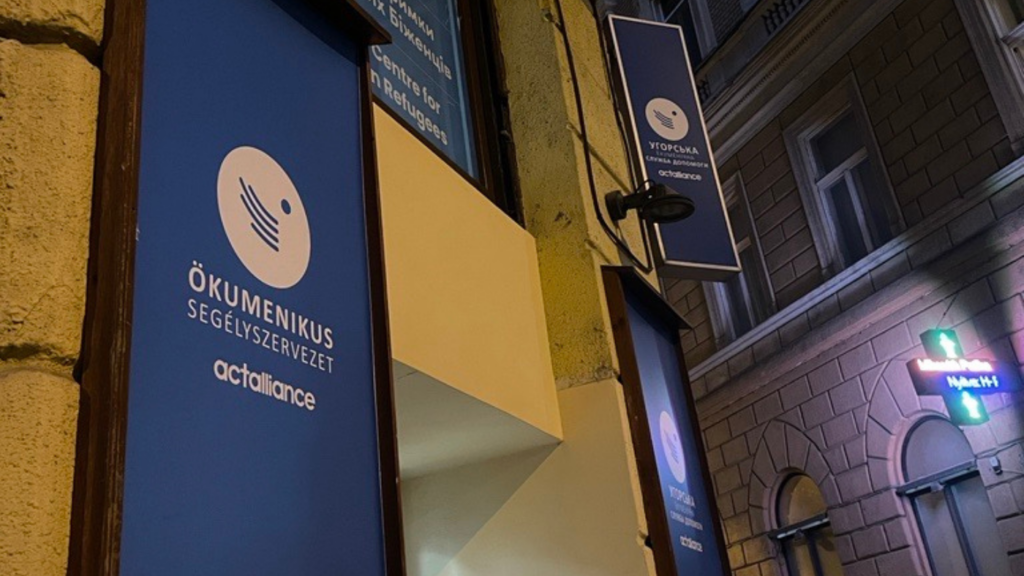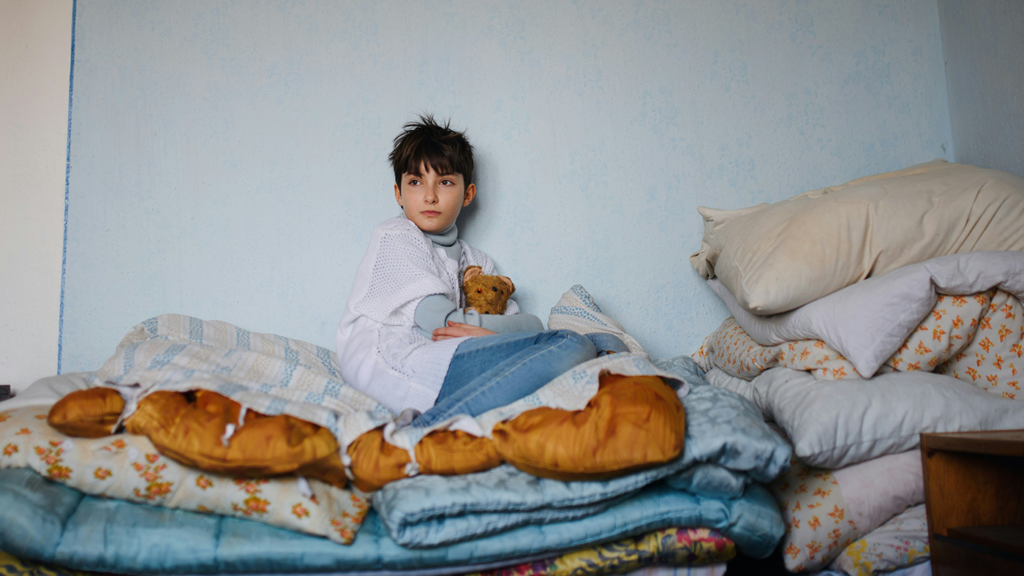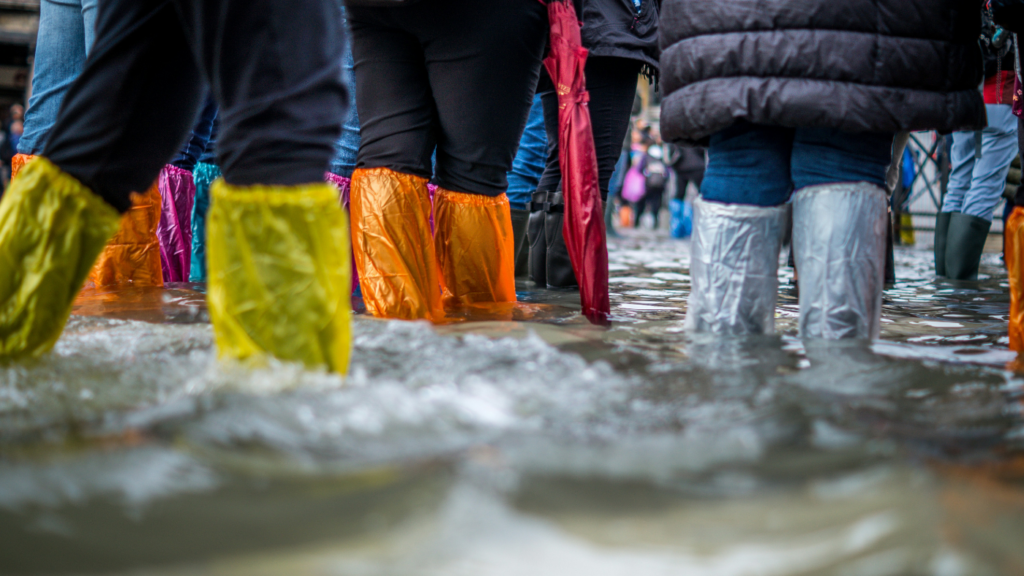Members
Our members are churches, non-statutory welfare organisations and NGOs in Europe rooted in the Christian faith within the Reformation, the Anglican and the Orthodox traditions.
On a daily basis, our members support people in poverty (homeless and unemployed people, asylum seekers and migrants, Roma people, etc.) and people with disabilities (dependent older people, people with physical or mental disability, etc.). They also advocate their fundamental rights at a European, national and local level.
MEMBERSHIP APPLICATION
If you are a Church providing diaconal activities or a Christian NGO working in Europe, and if you are interested in applying for membership, please have a look at our guide “Why become a member and how to do it” and fill in the Membership Application Form.
If you would like to know more or have any further questions, please don’t hesitate to contact Glenis Balangue-Dalkiran.



